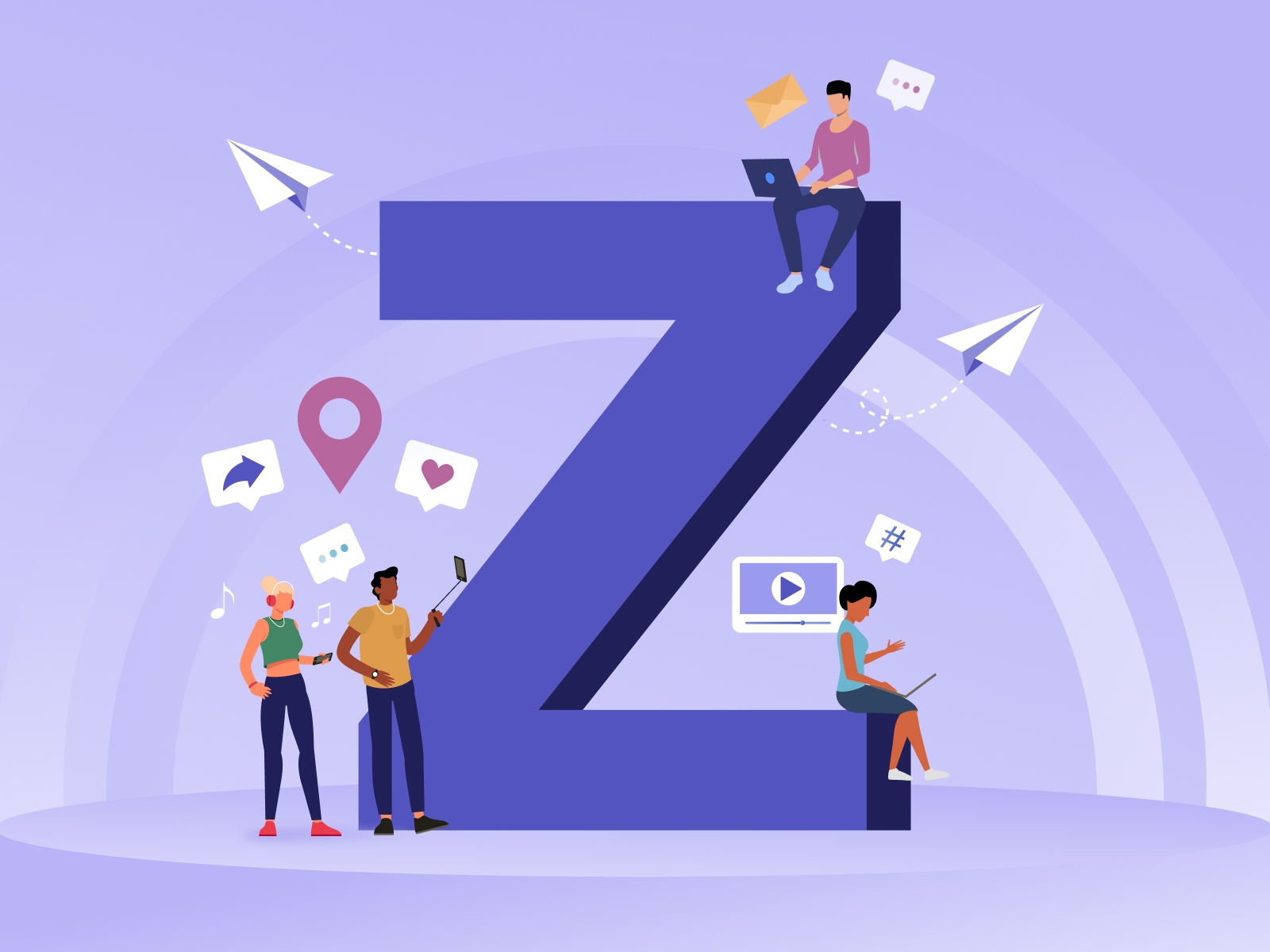In today’s workplace, one of the most dynamic shifts happening is the rise of Generation Z—those born roughly between 1997 and 2012—entering the workforce in large numbers. By 2030, they will make up more than a quarter of the global workforce, bringing fresh perspectives, digital fluency, and new expectations. For employers, this creates both challenges and opportunities in recruitment and retention.
Challenges in Hiring Gen Z
1. High Expectations for Flexibility
Gen Z candidates have grown up in a hyper-connected world where remote work, gig jobs, and freelancing are common. They often expect flexible working hours, hybrid or remote options, and autonomy in how they deliver results. Companies that are rigid in their structures may struggle to attract them.
2. Desire for Purpose and Impact
Unlike previous generations that often prioritized stability or salary first, Gen Z strongly values meaningful work. They want to contribute to causes they believe in, whether it’s sustainability, diversity, or social responsibility. Organizations without clear purpose-driven missions may find it harder to engage these candidates.
3. Shorter Job Tenure
Job-hopping is more common among Gen Z. They are quick to move on if they feel unchallenged, undervalued, or if growth opportunities are lacking. This creates challenges for employers in retention and succession planning.
4. Digital-First Expectations
Gen Z is the first fully digital-native generation. They expect seamless recruitment processes, from mobile-friendly applications to virtual interviews. Traditional, lengthy, or outdated hiring processes may turn them away.

Opportunities in Hiring Gen Z
1. Tech-Savvy and Adaptive
Gen Z grew up with technology, making them quick learners with new tools, platforms, and AI-driven workflows. They can help organizations innovate and modernize operations faster.
2. Strong Emphasis on Diversity and Inclusion
Gen Z values workplaces that are inclusive and equitable. By welcoming them, companies can strengthen their employer brand and foster environments where diverse ideas thrive.
3. Entrepreneurial Mindset
Many Gen Z professionals embrace side hustles, freelancing, and creative ventures. Employers that encourage innovation and intrapreneurship can harness their creativity for internal projects, product development, or new strategies.
4. Passion for Continuous Learning
Gen Z prioritizes personal and professional development. Offering career growth pathways, mentorship programs, and upskilling opportunities can not only attract them but also elevate the overall talent pool of the company.
How Companies Can Adapt
- Offer flexible work models (hybrid, remote, flexible hours).
- Strengthen employer branding with authentic stories about purpose, impact, and culture.
- Invest in modern recruitment tools like applicant tracking systems, AI-based screening, and engaging candidate experiences.
- Create visible career progression paths with learning opportunities.
- Encourage innovation by giving Gen Z a voice in projects and decision-making.
Final Thoughts
Hiring Gen Z talent requires a mindset shift. Instead of asking “How do we fit them into our system?” forward-thinking companies should ask: “How can we evolve to unleash their potential?”.The organizations that adapt will not only succeed in recruiting Gen Z but will also future-proof their workforce for the years ahead.



